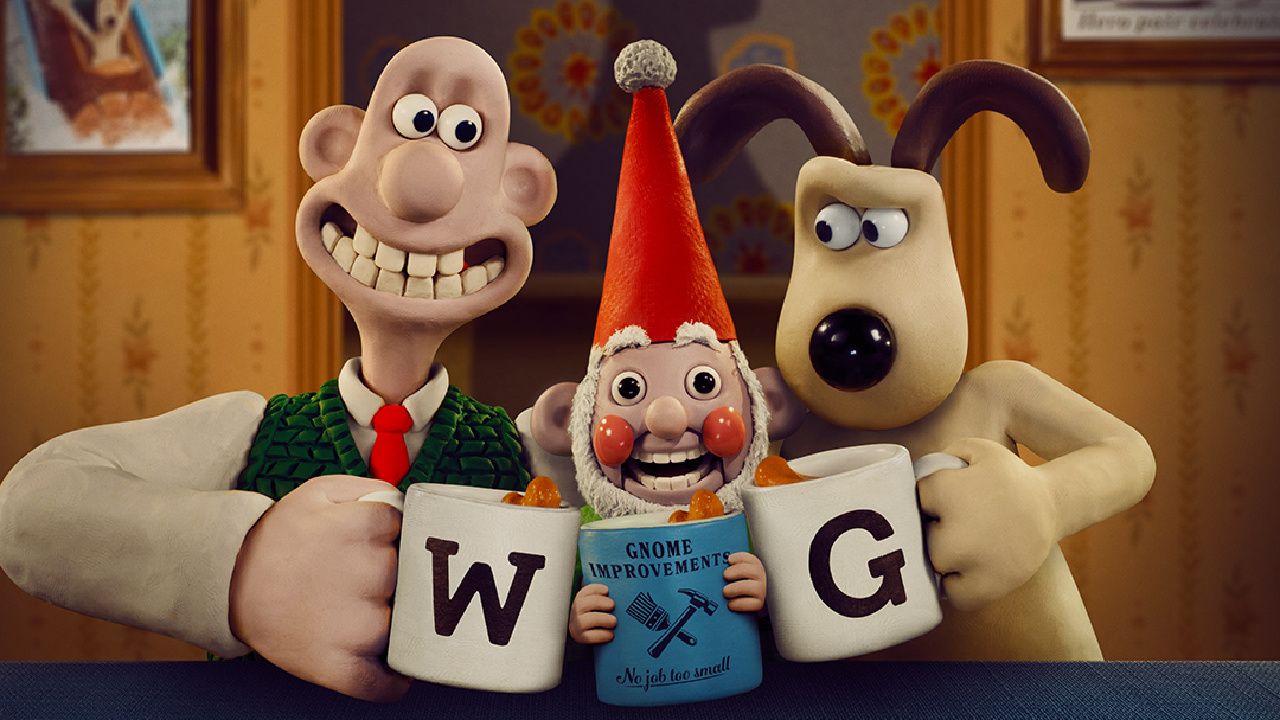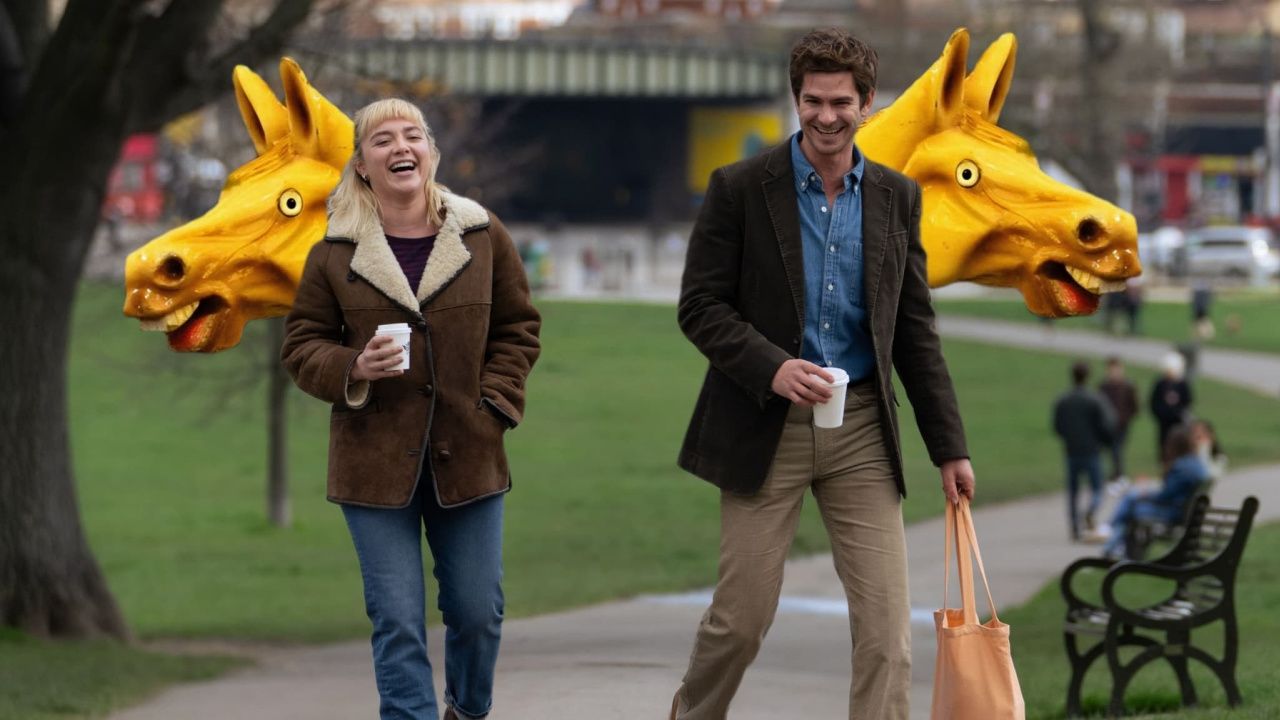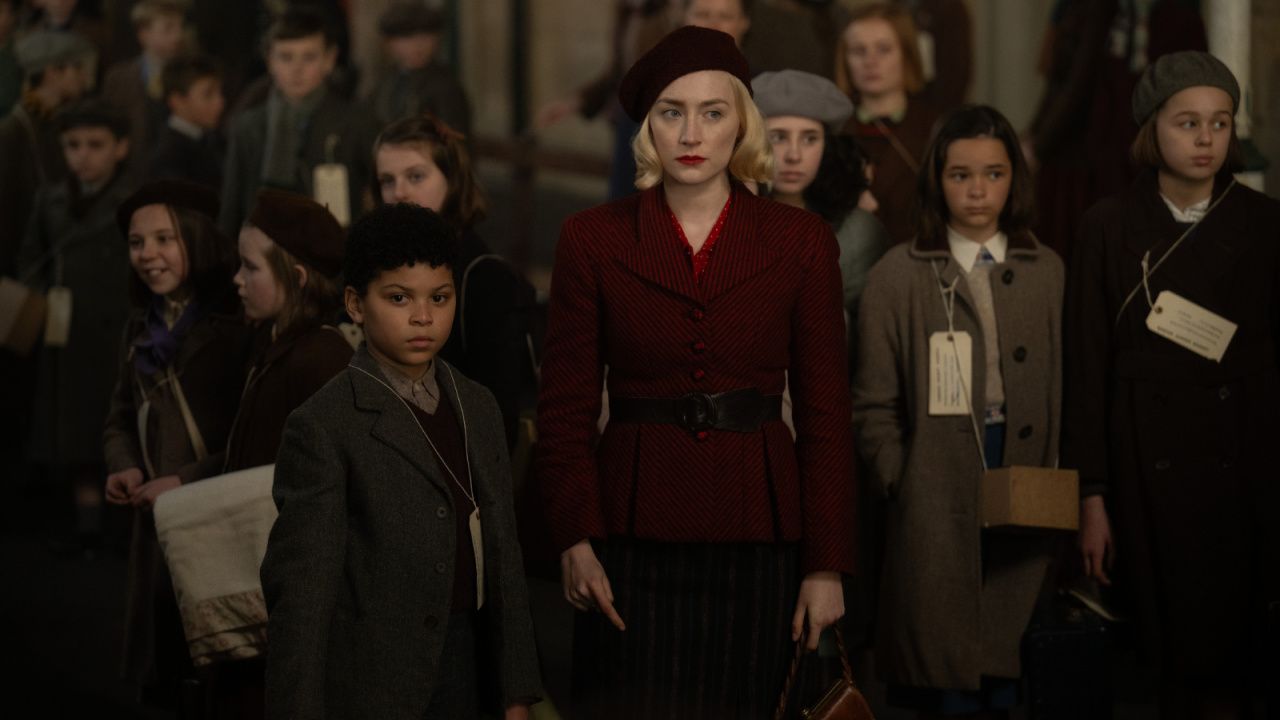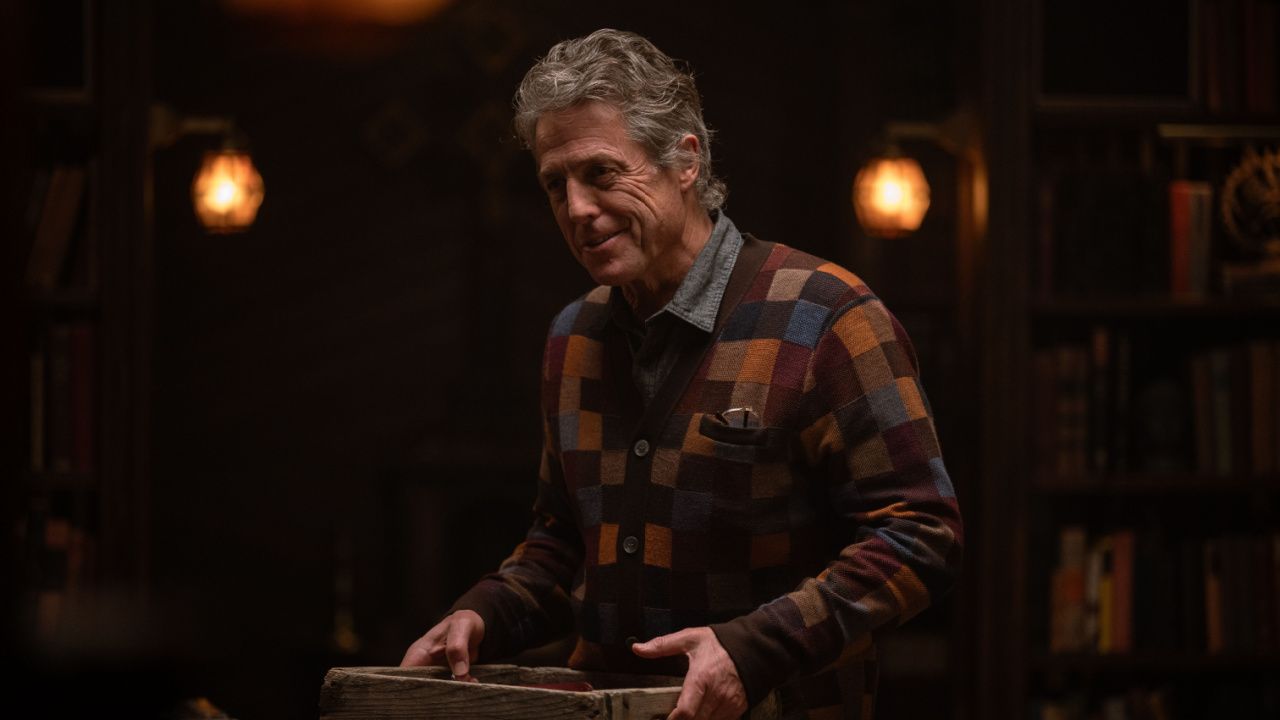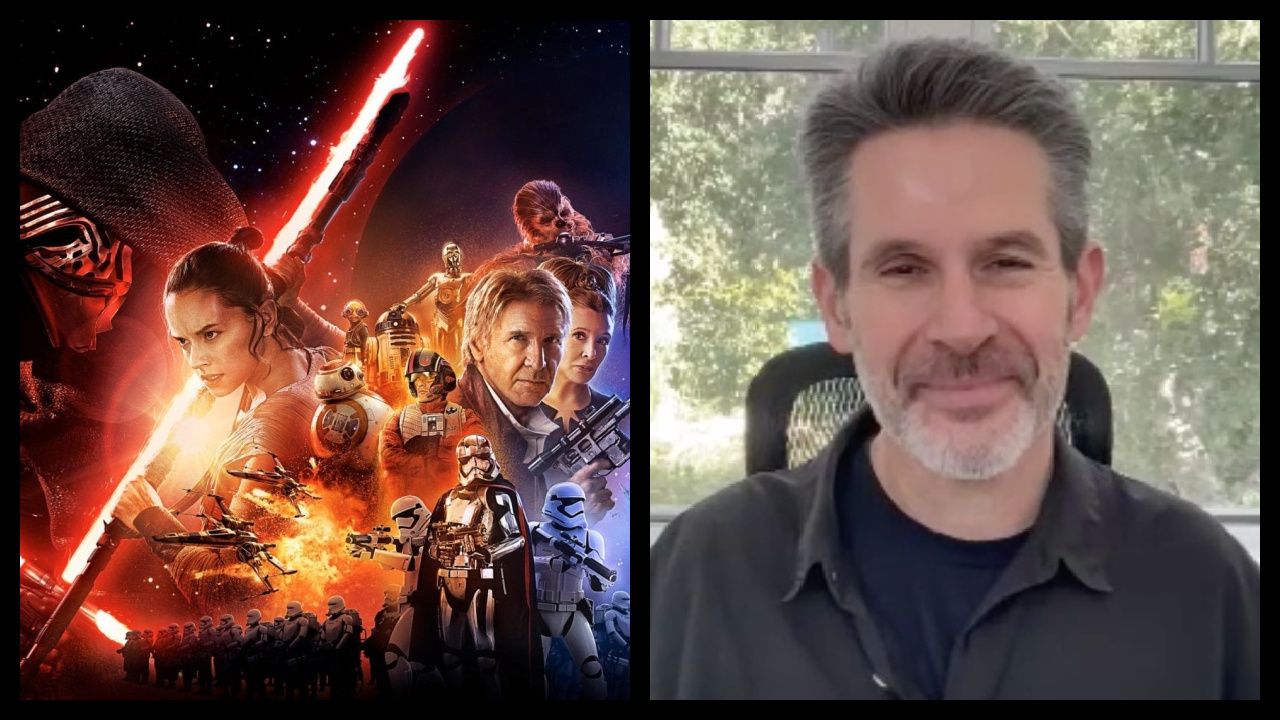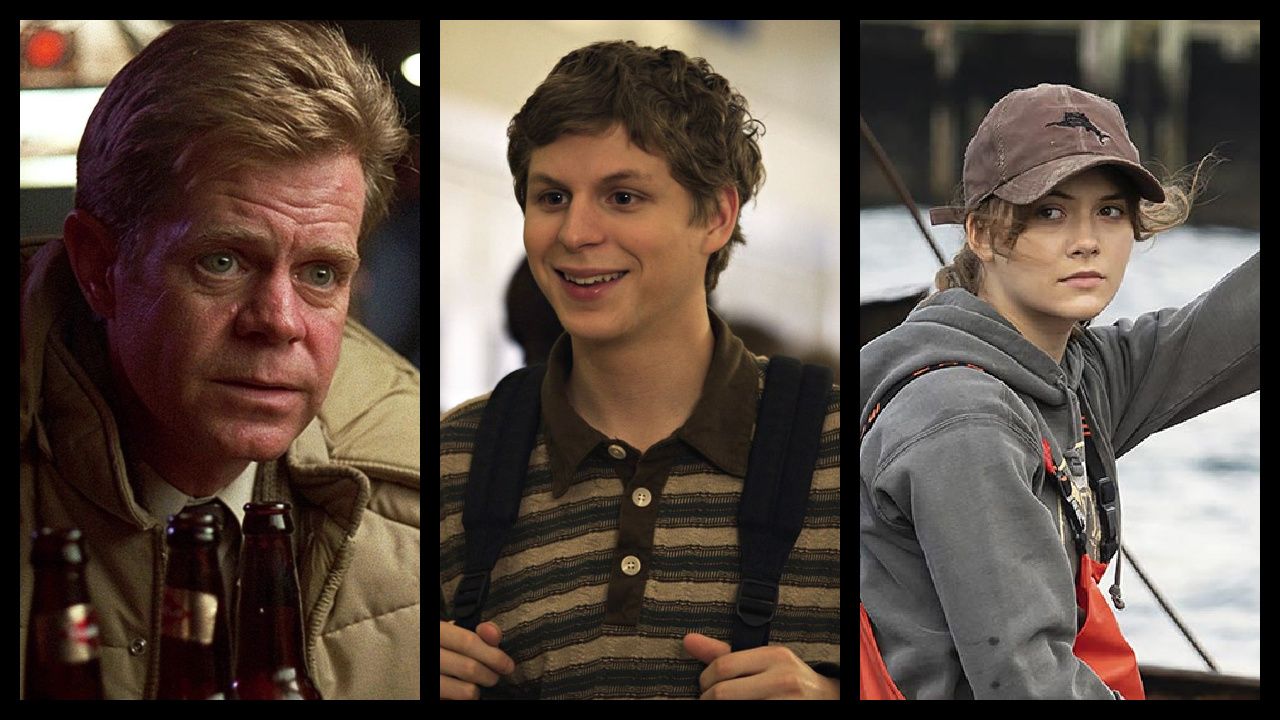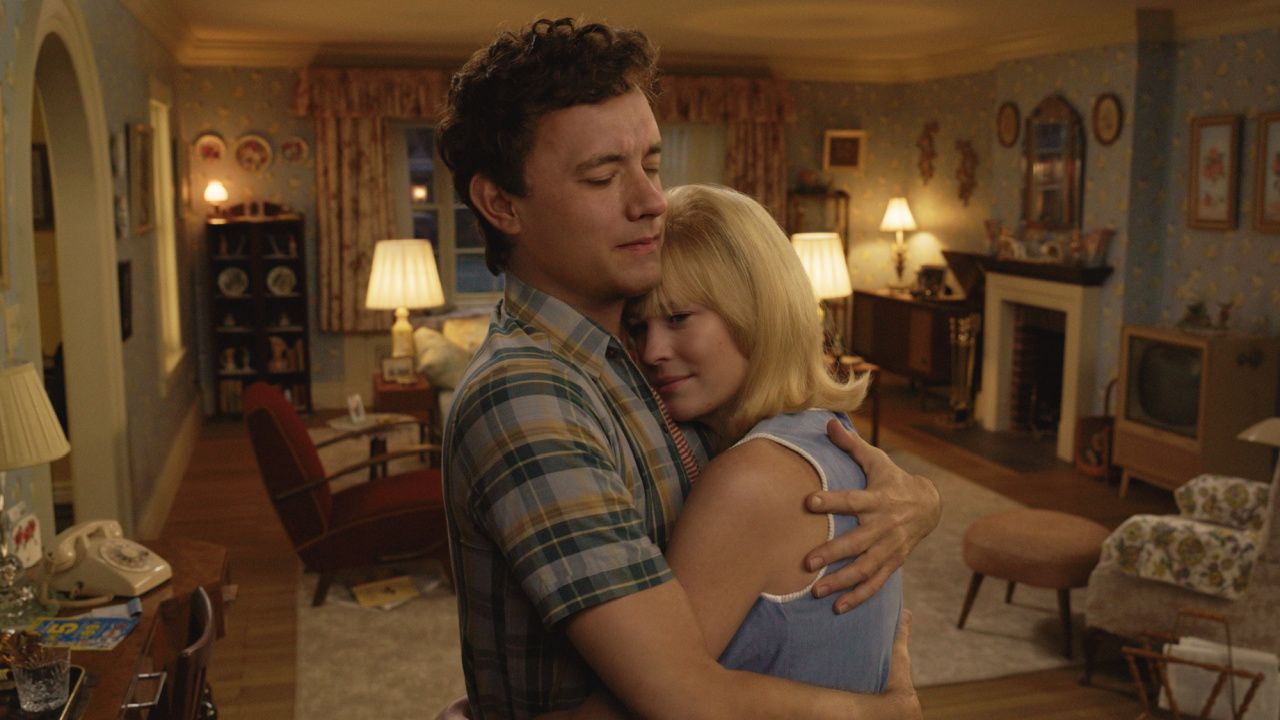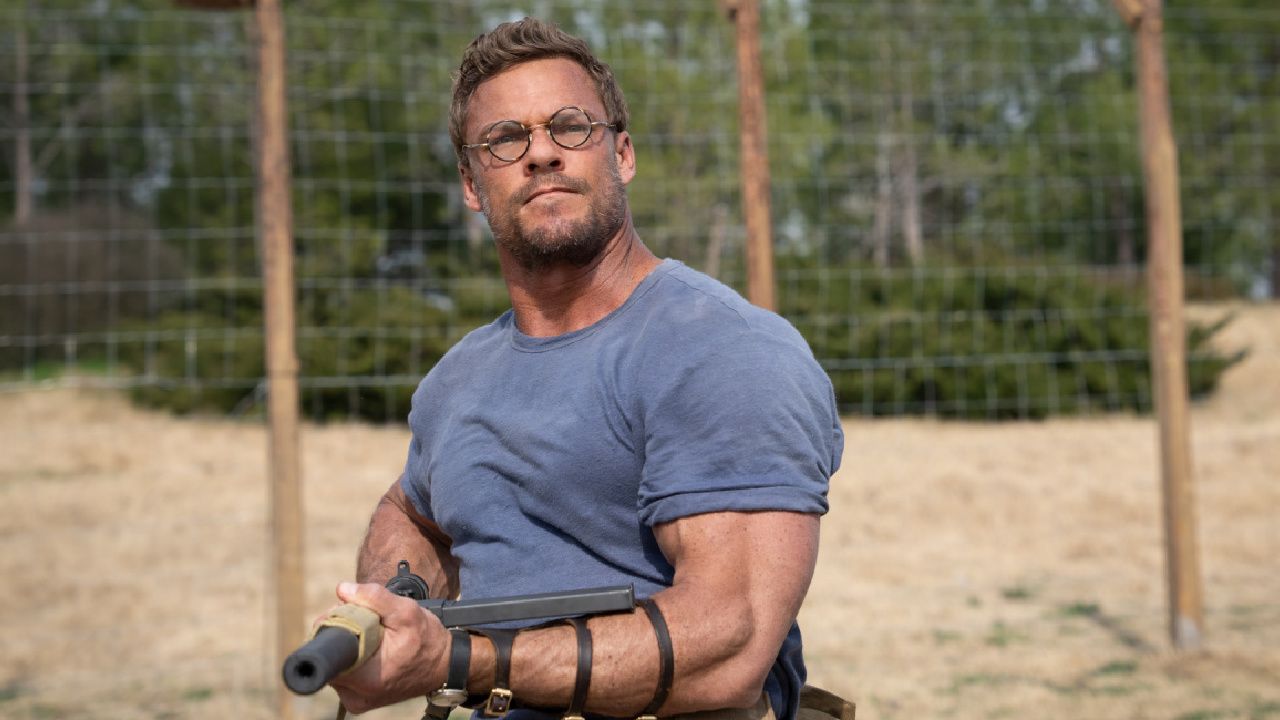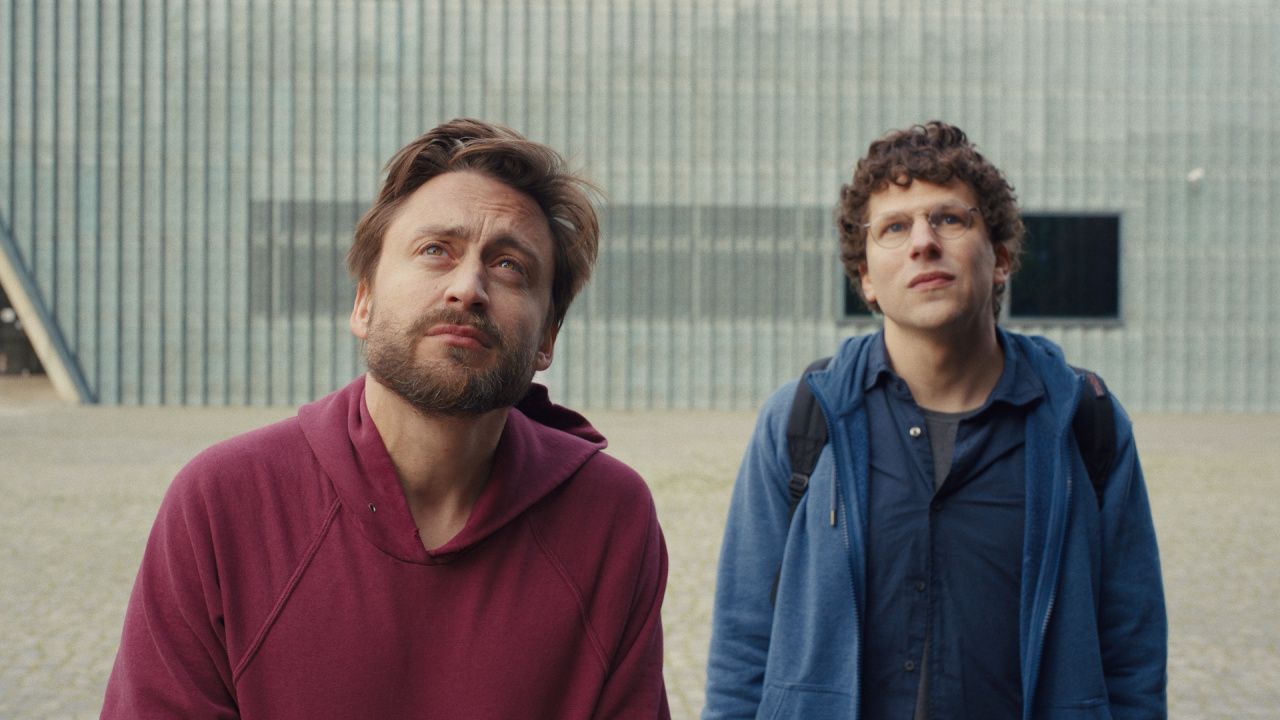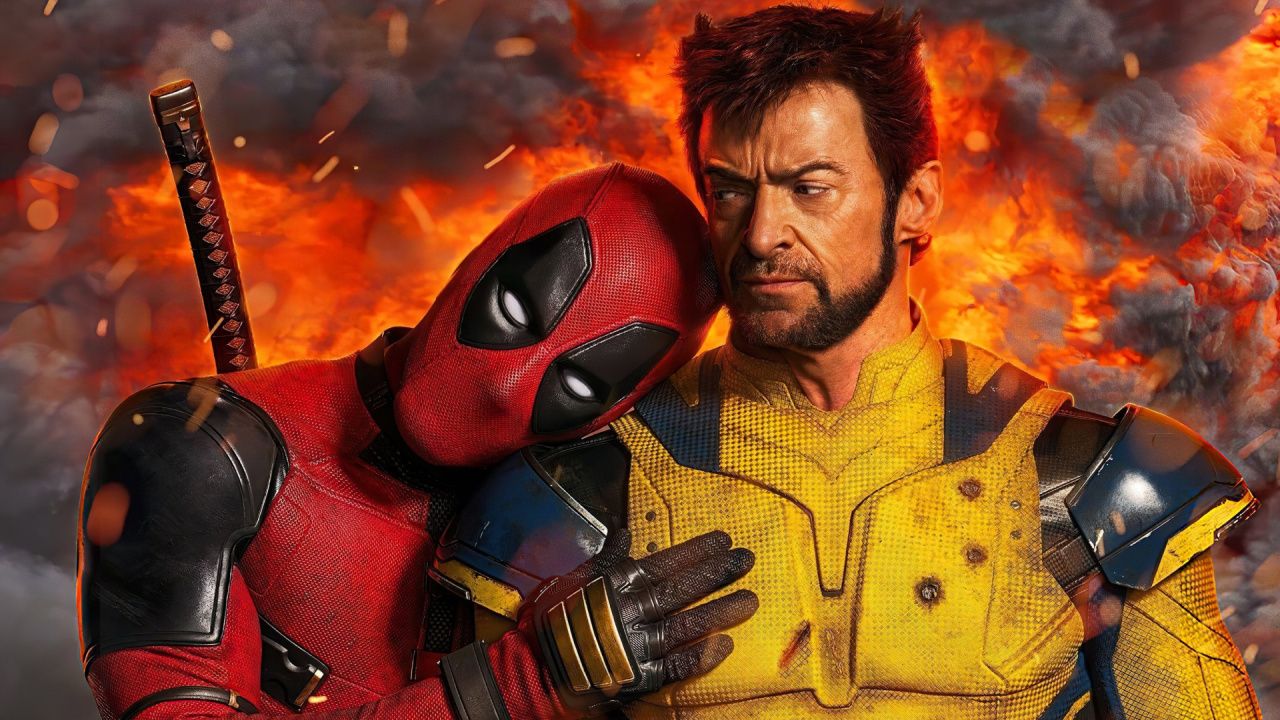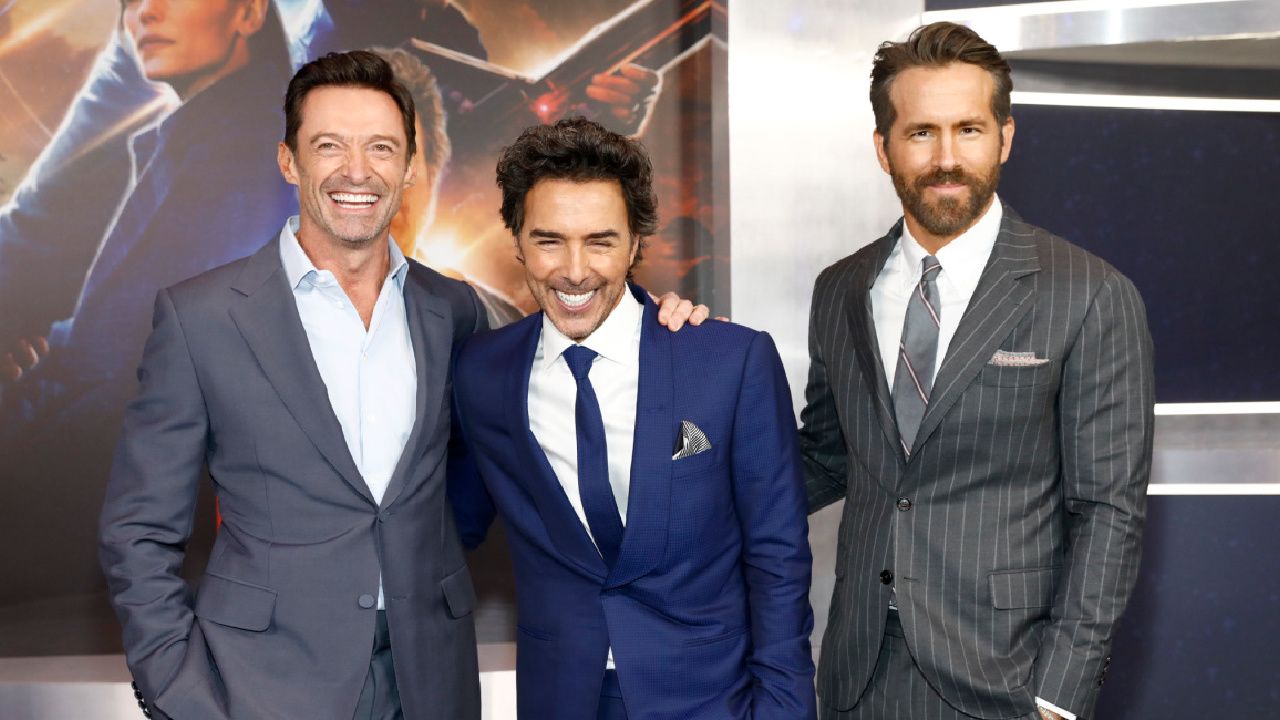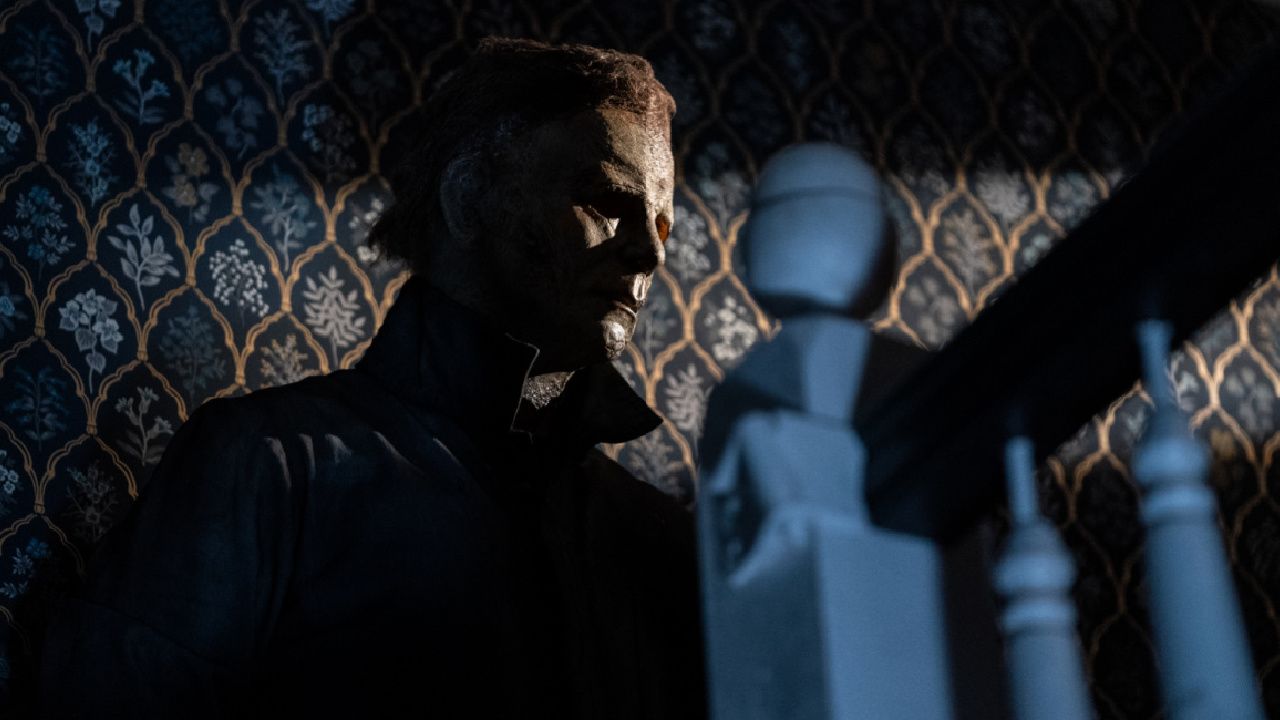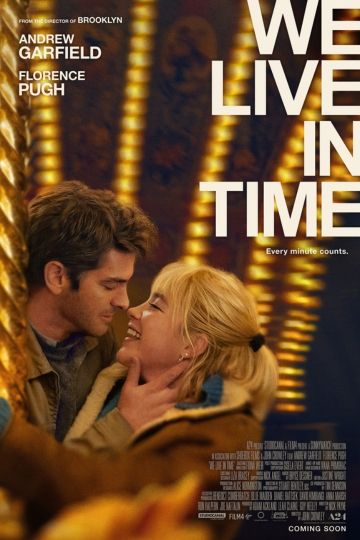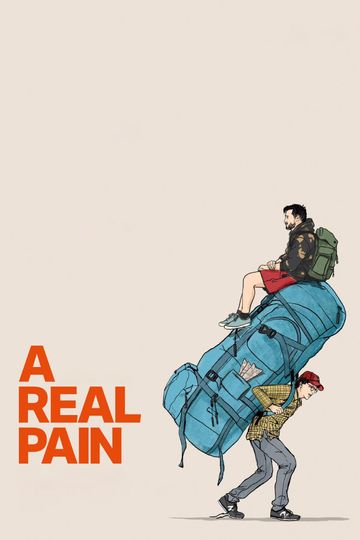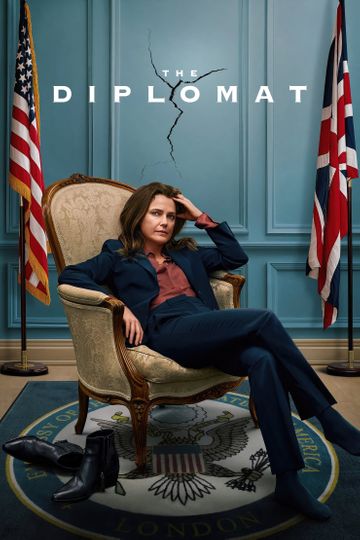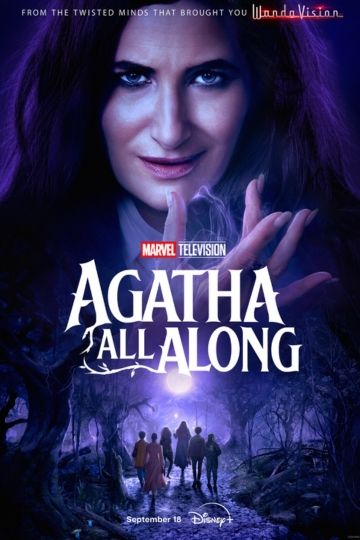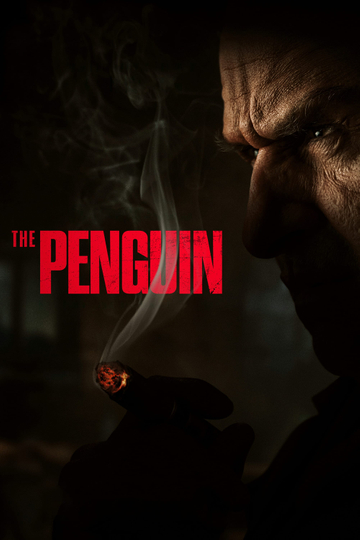'Blunt Talk' Creator Reveals Season 2 Guest Stars
It's time for Walter Blunt to make some rain in the world.
The good-hearted but oft-misguided TV newsman played to razor-sharp perfection by Blunt Talk" tilting his share of windmills as he attempted to put his debauched life back together and make a difference to society, and, in Season 2, series creator Jonathan Ames promises Walter will be taking on an even bigger, season-long challenge: the California drought.
As the first season of Starz's frequently hilarious and surprisingly poignant series -- concocted by novelist and TV auteur Ames ("Bored to Death") and executive produced by Family Guy") -- arrives on home video Aug. 30, Ames joined Moviefone to reveal the intriguing surprises of the show's freshman evolution and to offer a glimpse at the upcoming follow-up season, which returns on Oct. 24, along with an assortment of top-tier guest stars.
"We've got a really wacky, fun second season," says Ames. "I think the first season was a good achievement, and the second season just kind of really goes even further."
Moviefone: What were the fun discoveries along the way, from point A to the finale, as you put this show together?
Jonathan Ames: Well, I think the Walter/Harry relationship, and the chemistry between Patrick Stewart and Adrian Scarborough was just delightful from the get-go. So that was wonderful, and it was like ... so that was just magic from the start.
And then also, just the family feeling of the whole cast. How not only was there chemistry between Walter and Harry, but that as time went on, the "Blunt Talk" family, the fictional one and the real one, felt so similar. That Jim, Celia, Martin, Shelly, Rosalie, Bob Gardner, and the actors themselves, all of them playing these characters, it was like our world mirrored the world in the show.
So it was great how everyone just sort of came together. The fake work environment and the real work environment -- there was a kind of beautiful similarity.
You have an ability to effectively juggle tones and go from some really uproarious, hilarious moments to some very poignant scenes. Can you tell me about your experience getting there and being able to have that fluidity of tone in "Blunt Talk"?
Certainly. With Rosalie and her husband's storyline we got in that first season, it went somewhere just very beautiful. I think, perhaps, if we're able to go from comedy to what might seem like poignancy is that the comedy never comes from mocking the characters, but sort of loving them and loving their flaws.
So that when more real things are said, or things happen, we're with them, because we haven't been laughing at them. We're sort of laughing with them, I guess, and crying with them. So I think by trying to approach all the characters with humanity and forgiveness, that we're then maybe able to go to sadder places.
What was the big surprise you discovered while working with your literal and figurative anchorman, Patrick Stewart?
I don't know if it was a surprise, but just how incredibly present he was, day after day, scene after scene. How much consideration he put into each moment. It was really like watching a great athlete, or a master artist.
Then also, there would be things that I would write that were funny, but then the comedy that he would bring from his own playfulness, or improvisation, or emphasis. So I think it was just, it was like watching something perfect out of nature, like watching a panther -- I don't know, I'm using a lot of metaphors!
What we can we expect in Season 2? You had a lot of themes and topics that you explored in Season 1, and I'm curious how many of those are going to carry over, and then what are some of the newer themes that you want to explore?
Well, I think, in Season 1, what we did is we really learned the world: we found out who everybody was, and I think we established that Walter is a little bit of a Don Quixote, that he wants to do right by the world and by people.
And in the second season, we tell a more serialized story. Basically he's sort of working on one big news story having to do with the drought in Los Angeles. We kind of pay homage to "Chinatown," which famously was about water and the use of water in LA. It continues to be a pressing issue.
So I think very much we continue the theme of, in terms of news topics, the more serious topic we tend to look at is what's going on with our world and the environment. Because we can't be current events, because when we shoot and when we air, there's a lag. So again, we're looking at the environment.
Then, in terms of the issues between characters, I think we really delve into everyone's love lives and romantic lives this season. So that we found out who everybody was in Season 1, and now Season 2, we just explore everyone's romantic and sexual lives this season, as well as giving them one mission, one big news story that they're primarily working on.
In Season 1, you definitely tread some new ground in exploring the fluidity of sexuality among many of the characters and their pairings. Does that continue enthusiastically in Season 2?
Yeah, I guess, no pun intended, there's a lot of fluidity to the sexuality on "Blunt Talk." And no real judgment, maybe working on the Jungian principal of, in some ways, we're all perhaps capable of bisexuality. But also, not even wanting to label anything that way.
But the men are men, and the women are women, but then sometimes everything gets all shuffled around, and I think it more has to do with them falling in love, as well as whatever physical needs they might have. There's a lot of playing around with that this season.
One of the other things that I really enjoy about this series is how you've expanded the universe. The cast of characters is getting almost Springfield-level in your deepening bench of recurring folks. Are we seeing a lot of them come back, and are we seeing new faces added to that group?
We see a lot of returning characters. Obviously our core cast, they're all back. Then we have Erik Griffin, who was Walter's sponsee, who Walter met at a sex and love addiction meeting -- we have him back. Brett Gelman, who's the neighbor, who is a pornographer, but also turns out to be a lawyer, he comes back. The therapist that Walter saw at the end of the season, played by Fred Melamed, he returns. Jason Schwartzman returns. Moby returns. Golden Brooks returns. Yeah, a lot of those characters come back.
Then we've added a bunch of stars, too ... visiting stars. We have The Office." Oh, and Trace Lysette who played Gisele [in Season 1]. Yeah, so we brought back so many of the people from last season, and added a bunch of those new names I mentioned. So we have an incredible number of guest stars this year.
You had some fun with Brent Spiner, without getting too meta. Will he or any of Patrick's other "Star Trek" costars join this season?
Brent Spiner is back, and yeah, so we get to see him again, which is great -- I'd like to find more for him to do!
I found, by the end of this season, that my feeling about Walter had changed pretty dramatically, and I found him a very genial, endearing guy. I just really enjoyed him, despite all of his problems. How tricky is it to keep him going, and keep him that guy, but also put him in these very comical situations that play off of his ego, his reputation, and his bad decision-making?
Where he begins in Season 1, he's hit bottom. And as he says in Episode 2, "I've been given a second chance. I need and want to be a better father for the American people, and my own children." And we see him do that over the course of the season.
He's bounced back from this bottom, that nadir that we see in the opening of Season 1, and he sort of becomes the man that he always was, or maybe meant to be. Someone that tries to do the right thing, and even if he has flaws. In Season 2, it very much continues in that vein. We explore his romantic past a little bit. And really, Walter's biggest flaw, but it's a good flaw to have, is that he loves all the people around him, no matter how loony they are. He doesn't give up on anybody.
So I think the show is less about Walter being a bad boy, because he's not. He's a man who enjoys his drinks, and he enjoys his romance, but he's also committed to getting out important news and wants to make a difference. He's someone we should root for. Again, it's an overused parallel, but he's very much a Don Quixote. He's a knight -- even if at times if he's a deluded knight.
How has writing the show and overseeing the show challenged you and evolved your writing?
I mean, writing for television can just be very stressful because there's so much -- the time, and all sorts of logistical factors. You want to make things fresh, especially when you have all these great actors. You want to give everybody something really good to do, and give everybody their moment. So that's always a fun challenge.
It's like, "Okay, as I'm going to have this platform, I want it to be unique, and beautiful, and interesting." So you just always have to challenge yourself. With people like Patrick Stewart, you can't give him banal scenes, or banal things to say. You want to give him good things. But still, it's a lot of writing over these two seasons, written with the help of an excellent writing staff: 600 pages of scripts! ... It's all a challenge, but it's a good challenge.
No matter how much time that you're given to tell Walter's story, do you know the end, roughly? Do you have the end vision in mind for his tale?
I don't know the overall big picture, if we got five seasons or three seasons. But I tend to know the big picture each season before I enter into it, before I start planning everything. I usually have in mind where I want him to begin and where I'd like him to end. So I just kind of go season by season. That's the nature of the TV life: you might not get another season.













